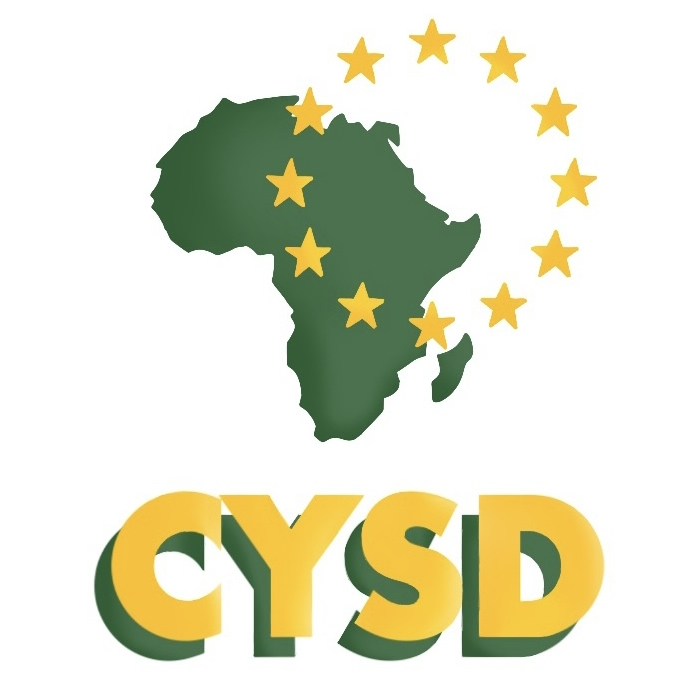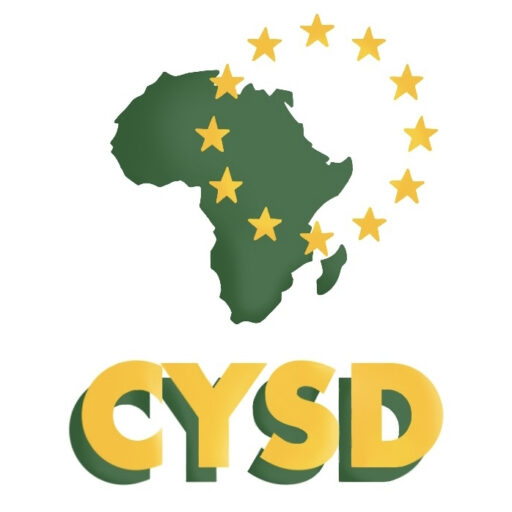Area
Social
Summary (description and reason to be)
The government of Ghana led by His Excellency Nana Addo Dankwa Akufu Addo, has given full effect to SDG goal 4,5 and 10 and many other related goals of the sustainable development goals. As education and skills training are the most important source of empowering and providing opportunities to the youth to help drive Ghana’s development, and in the process create jobs. The president of Ghana aims to bring education to the doorsteps of children because they worth it.
The free Senior High School mean free tuition, admission, text books, library fees, Science center fee, examination fee, payment of utility, boarding and free meals and many more. Article 25 1b of the 1992 Constitution states that” Secondary education in its different forms including technical and vocational education, shall be made generally available and accessible to all by every appropriate means, and in particular, by the progressive introduction of free education”.
Goal 4 of SDGs target one of the Sustainable Development Goals (SDGs) which also states that “By 2030, all boys and girls complete free equitable and quality primary and secondary education leading to relevant and effective learning outcomes.
The programme, is anchored in the below pillars:
• Removal of cost barriers;
• Expansion of infrastructure;
• Improvement in quality and equity;
• Development of employable skills.
Target: Vulnerable Group (VG) and/or type of community
Qualify Senior High Schools (SHS) Students.
Application setting: context
The free senior high school policy was implemented to capture only senior hight schools’ students in Ghana. The policy is addressing more than the financial needs of S.H.S. students in Ghana. However, the students who attends private schools (SHS) would be paying school fees. The aim was to reduce financial burden from parents and to make senior high school at least a basic requirement for the youth.
Objectives
Objectives of the policy:
• Removal of cost barriers;
• Expansion of infrastructure to accommodate the expected increase in enrolment;
• To improve quality education and equity through provision of text books, exercise books etc to produce quality products to serve our mother Ghana;
• To achieve 30% elite school placement;
• To support and reform of TVET institutions at Senior High School level to facilitate skills acquisition.
Requirements
Every Ghanaian child who is placed into a Public Second Cycle Institution by the computerised School Selection and Placement System (CSSPS) during the 2017 school placement is eligible to enjoy the free SHS.
A candidate must attend Junior High School (JHS) and acquire Basic Education Certificate Examination (BECE) certificate with minimum and maximum grade from aggregate 6 to 36.
Performance procedures
Monitoring and Evaluation Plan is the key strategy they use to measure the progress and outcome of the policy’s performance.
Activities
Below are some of the activities/projects put in place to ensure the successful implementation of the free senior high school policy:
i. Building more class rooms and dormitories to accommodates more students;
ii. Arrangement of foodstuff/ items to feed boarding students and including the day students;
iii. Management/Staff putting necessary logistics like text books, excersice books, and uniforms to donate/distribute to all students;
iv. Introducing double truck initiative as a measure to accommodate all students in the schools;
v. GES increasing the enrolment of senior high school teachers to meet the reasonable number of students to teacher ratio in a classroom.
Results
The outcome of the free Senior High School policy cannot be underestimated. The free SHS policy has cancel school fees at Senior High School level. It has increased the number of student enrolment to about 90%. Additionally, out of the one thousand, one hundred and nineteen (1,119) projects, being constructed under the Free Senior High School Infrastructure Intervention, six hundred and fifty-seven (657) have been completed, with some two thousand, seven hundred and eighteen (2718) vehicles procured and distributed by the Ghana Education Service to various institutions across the country to fastruct or enhance the success of the policy.
According to the President Akufo-Addo, “five (5) years on following the implementation of the Free Senior High School programme, which has guaranteed a minimum of Senior High School education for 1.6 million Ghanaian children”.
“The 2021 WASSCE results of the second batch of Free Senior High School beneficiaries shows 54.08% of students recording A1-C6 in English, as opposed to 51.6% in 2016; 65.70% recording in A1-C6 in Integrated Science in 2021, as opposed to 48.35% in 2016 respectively, with this great change we have gotten in the education sector shows that the Free Senior High School policy is a helpful and a nice policy intervention. Even though there are some challenges, but when these challenges addressed properly, our education sector would continue to produce quality products to the country.
Strengths
• The Free SHS policy is a means to create a society of opportunities and empowerment for every citizen;
• Improved literacy levels;
• The free SHS in Ghana enables people to get access to Senior High School level and prepare students for university and college education.
Weaknesses
Weakness of the policy:
• The implementation was fraught with challenges such as in adequate funding & infrastructure and limited space to accommodate students;
• The political dimension of the programme was emphasised leaving the Equity, Quality, Efficiency and responsiveness aspect were ignored;
• The agenda setting stage was poor because there was no definition of the problem prior to the campaign pledge and the subsequent launch of the policy, it needed broader consultation;
• Delay in the disbursement of funds to schools for development and lack of adequate teaching materials.
Difficulties or constrains for its implementation
Highly political influence which has exacerbated the free SHS policy implementation problems. Many policy technocrats and head teachers from the various school’s experiences, opinions or voices were not utilised which has created a lot of problems for the schools.
CRITERIA actors or stakeholder are using to assess it as a “good practice”
Actors or Stakeholders like Ghana Education Service, Ghana National Association of Teachers (GNAT), National Association of Graduate Teachers (NAGRAT), Association of Private Senior High School Education Providers (APSHEP) parent teacher associations, Coalition of Concerned Teachers Association (CCTA) contributed largely to the implementation of the free SHS policy, the capacity of these implementing actors is determined by the quality of their human resource on the one hand by their organisational setting. Though they were other challenges that the policy has created, despites that the policy has achieved its goal.
Year and length (duration)
Started on 12th September, 2017 – Ongoing Policy (Initiative).
Comments (additional info, remarks)
My comment for dealing with the implementation challenges of the Free SHS.
I recommend parents and guardians should be educated on why they need to pay the tuition fees of non-performing students as the state is not ready to pay the fees of such students because wholesale admissions and promotions will spur the growth of enrolment at the schools and compromise quality education.
Secondly, in view of cost challenge facing the implementation of the policy, a targeted rather than a universal approach to free education would have been most appropriate
Thirdly, partnership with private sector in designing and implementing a fee-free SHS education would have been less fiscally burdensome for government.
References (Bibliography, URLs, suggested readings)
Starrfm.com.gh/103.5FM
July, 2020. Cambridge Journal of Education 51(2):1-30 (https://www.researchgate.net/)
https://www.modernghana.com/
https://www.freeshs.gov.gh/

